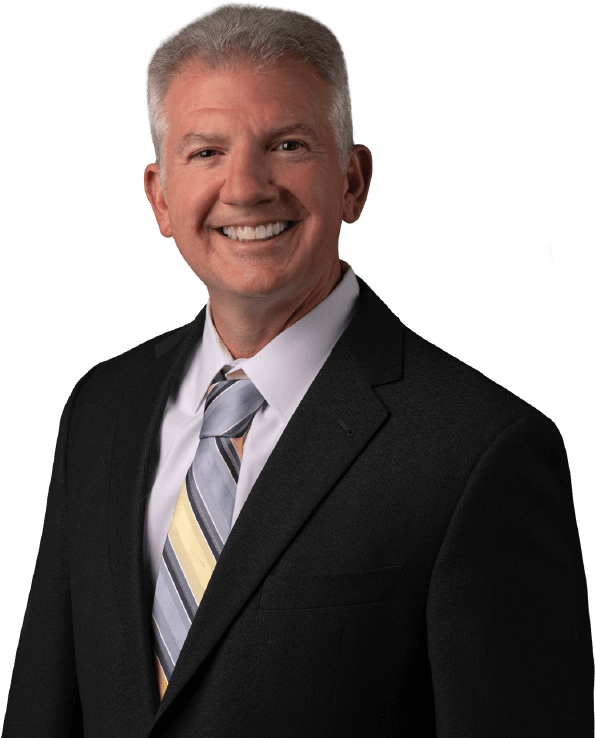
Wheaton Business and Labor Law Attorney
DuPage County Employment Lawyer for Employers, Employees, and Non-Profits
Companies may encounter multiple types of complex legal issues related to their employees, business practices, or contracts. Employees may also encounter legal disputes that affect their rights. These matters are complex and emotional. Molho and Associates, LLC, helps its clients address these issues effectively and provides them with representation in any disputes they may encounter.
If you have questions about employment law or business law issues, we can provide an initial consultation and help you determine how to proceed. Contact us today at 630-517-2622.

Employment and Labor Law for Employers
A business will need to make sure it is in compliance with multiple federal and state laws that govern the relationship between employers and employees. We work with employers to make sure they understand how these laws apply to their business, and we help implement policies that will provide them with protections if they encounter disputes with employees. In addition to helping employers maintain compliance with regulations, we work with them to address any administrative charges or litigation related to alleged violations of employment or labor laws.
Employment Contracts / Independent Contractor Agreements
We help employers establish contractual agreements with employers and independent contractors that provide them with legal protections. We ensure that our clients do not misclassify employees as independent contractors and run afoul of the Illinois Department of Employment Services.
Fair Labor Standards Act
We work with employers to address wage and hour disputes or claims that they have misclassified workers as exempt employees when in fact, they are non-exempt. This area of the law is a source of great confusion for many businesses.
Americans with Disabilities Act
We help employers ensure that they have provided reasonable accommodations to disabled employees and address discrimination claims. Some of the thorniest issues arise when employees are disabled and also receiving worker’s compensation benefits. We can bring clarity to what is otherwise a morass.

Business Law and Litigation
We work with business owners and partners to ensure that can successfully execute business strategies and achieve their goals. We help businesses negotiate favorable contractual agreements that will protect their rights, and we offer legal representation in business litigation, including cases involving breach of contract or partnership disputes.
Employment and Labor Law for Workers
There are a wide variety of concerns that may affect employees, and workers can take steps to protect their ability to find and maintain employment and ensure that they are properly compensated for their work. We help employees address issues related to discrimination, sexual harassment, accommodations for disabilities, family and medical leave, equal pay, and other labor law matters. We also provide representation in cases where an employee has experienced wrongful termination or other forms of retaliation for reporting discrimination, safety issues, or workplace injuries.
Representation for Professionals
We help doctors, accountants, architects, attorneys, and other professionals protect their rights and address issues related to discipline or malpractice.
Highly-Compensated Employees
We help high-income employees negotiate employment contracts and severance agreements and ensure that they receive sufficient compensation, benefits, and bonuses.
Representation for Non-Profits
Non-profit organizations may need to address some unique legal concerns to make sure they can successfully pursue their missions. We help non-profits establish the correct organizational structure and make sure the proper bylaws and procedures are in place. We also help organizations address employment-related concerns and avoid any issues that may affect their ability to pursue their goals.


 Contact Us
Contact Us


 Read More
Read More


